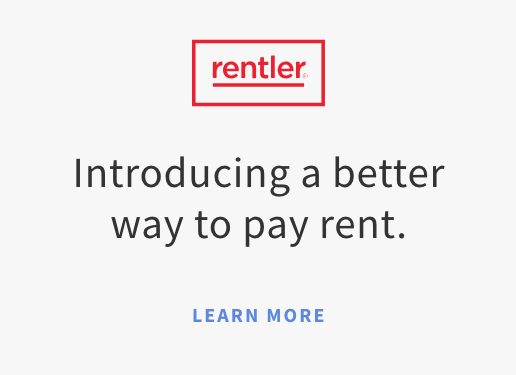As a tenant, you want to make sure you are moving into a property that meets your needs and expectations. To ensure that, you need to ask your landlord some questions before signing a lease. Here are the top ten questions you should ask your landlord before moving in.
- What is the monthly rent, and what does it include?
Rent is one of the most significant expenses you will have to pay every month. It’s important to know exactly what’s included in the rent and what additional costs you may incur, such as utilities, parking, or pet fees.
- What is the length of the lease, and what are the terms of renewal?
Knowing the length of the lease is essential, but you should also inquire about the terms of renewal. Will you have to sign a new lease, or can you go month-to-month after the initial lease expires?
- What is the policy on rent increases?
Ask your landlord if they have a policy on rent increases and how often they plan to increase the rent. You should also inquire about any notice they will give you before any rent increase.
- Are there any move-in specials or promotions?
Some landlords offer move-in specials, such as a reduced deposit or free rent for the first month. It’s always worth asking if there are any promotions available.
- What is the policy on pets?
If you have a pet, it’s important to know the landlord’s policy on pets. Some landlords don’t allow pets, while others may charge additional fees or require a pet deposit.
- Are there any penalties for breaking the lease?
While you don’t plan to break your lease, it’s important to know the penalties and fees associated with breaking it. This can include paying rent until a new tenant is found or losing your security deposit.
- Who is responsible for maintenance and repairs?
It’s important to know who is responsible for maintenance and repairs. Will you be responsible for minor repairs, or will the landlord handle everything?
- Is renter’s insurance required?
Some landlords require tenants to carry renter’s insurance, while others do not. If it’s required, find out the minimum coverage required and how much it will cost.
- Can you make modifications to the property?
If you want to make any modifications to the property, such as painting or installing shelves, ask your landlord about their policy on modifications. Some landlords may require approval before any modifications are made.
- How can you contact your landlord in case of an emergency?
It’s important to have a way to contact your landlord in case of an emergency, such as a broken pipe or electrical issue. Ask your landlord how to get them in case of an emergency.
What should a tenant focus on when asking questions to a landlord?
It’s important to focus on gathering information about the property that may not be readily available in the rental ad. This approach demonstrates to the landlord that you have conducted some preliminary research and are genuinely interested in learning more. It also helps to provide you with a deeper understanding of the property, beyond the marketing language designed to entice you to sign the lease.
What type of questions should a tenant ask?
Ask open-ended questions that require the landlord to provide detailed answers rather than simple yes or no responses. Give your landlord ample time to respond to your questions, as they may provide valuable information that you would otherwise miss if you move too quickly to the next question.
When to ask questions to a landlord?
Many landlords prefer interviewing potential renters before accepting applications or presenting lease agreements. If your landlord schedules an interview, this is an excellent opportunity to ask any questions you may have. If the landlord does not offer an interview, feel free to ask if you can ask questions. You can also contact the property management company or real estate agent to schedule an interview with the landlord.
Final words
Asking questions will help you feel more confident on your move-in day, so don’t hesitate to ask as many questions as necessary. Make an informed decision based on the answer and ensure that you have a positive renting experience.




